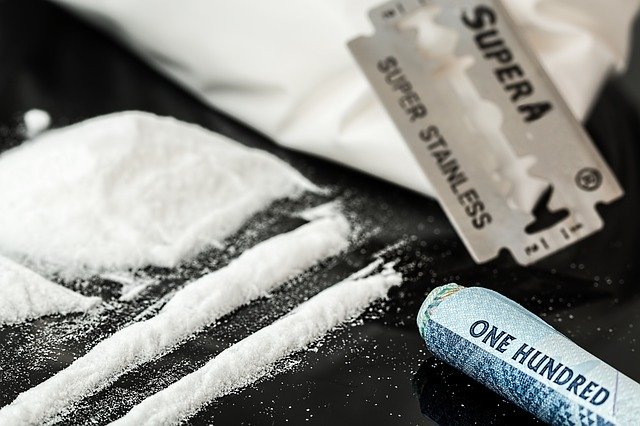
The fingerprint test uses high resolution mass spectrometry to search for the presence of benzoylecgonine, a molecule produced in the body when cocaine is ingested. By testing for this metabolite rather than for cocaine itself, the method can distinguish between people who have simply handled the class A drug and those who have actually consumed it. The research, published in Scientific Reports, was carried out by Surrey University, Forensic Science Ireland, National Physical Laboratory and Intelligent Fingerprinting.
3D printing breakthrough could accelerate drug testing process
Drug testing platform will benefit pharmaceutical sector
"A fingerprint is a great way to test for drugs as it is so quick and efficient to collect,” said Dr Min Jang, from Surrey’s Department of Chemistry. “Using our methodology, it is possible to analyse a fingerprint sample for drugs in less than 2 minutes."
The new method is based on existing technology developed by Intelligent Fingerprinting. To test it, the team took fingerprints from people seeking treatment at drug rehabilitation clinics who had testified to taking cocaine during the previous 24 hours. Fingerprints were collected from each patient, with the participants then asked to wash their hands thoroughly with soap and water before giving another set of fingerprints.
This same process was used to collect samples from a pool of drug non-users who had handled street cocaine. Benzoylecgonine was not present in samples from drug non-users, even after touching street cocaine and then washing their hands. According to the team, a similar methodology of testing for metabolites could be used to ensure patients are receiving the correct dosage of prescribed medication.
"We are excited about the possibilities for fingerprint drug testing,” said Surrey’s Dr Catia Costa. “In addition to illicit drugs, we have found that we can detect pharmaceutical drugs in fingerprints and we are keen to see if we can use this to help patients to check that their medication is being delivered at the right dose."




Nanogenerator consumes CO2 to generate electricity
Whoopee, they've solved how to keep a light on but not a lot else.